On the evening of February 9, I, along with many of my peers of all genders, attended the “I <3 Female Orgasm” presentation featuring sex educators Marshall Miller and Maggie Keenan-Bolger. The event, which originally visited Macalester in 2011 in a more nascent form, was sponsored in part by a Macalester parent who believed the value of the program had grown exponentially after an inclusivity-centered revamping of the content. Honestly, I didn’t have much hope for this presentation regarding trans inclusivity. With a name that included “female orgasm,” I was preparing myself for an hour and a half of essentialist discussions centered on clitorises and vaginas. When the two cis, white presenters came out on stage, I was ready for “ladies, make sure your man knows what you like” and statements of a similar ilk.
Mercifully, though, I was mostly spared such guttural discomfort. The program put an A+ effort into trans inclusivity and, despite a few stumbles, mostly succeeded in gaining my personal genderqueer seal of approval.
The presentation opened with the infamous “When Harry Met Sally” fake orgasm video clip, and the multimedia experience only expanded from there. Meticulously avoiding any pictures of actual genitalia, Miller and Keenan-Bolger used a variety of well-endowed vegetables to explain the complexity of the gender and sex spectrums. Though perhaps a bit rudimentary for Macalester standards, the reiteration that gender, sex and genitals are independent from each other was, for me, a greatly appreciated component of the introduction. Keenan-Bolger, especially, emphasized that the “female” in the presentation’s title encompassed a wide range of bodies and that “tonight, we are very inclusive with the term.”
Indeed, the inclusivity for which they strived continued in the form of two “trans orgasm tips” that popped up in the form of little trans flags in the middle of the slide-show images. The first instructed partners of trans people to “ask for an introduction” to their genitals, mentioning the possibility that trans people may have a complicated relationship with whatever is between their legs. The second tip, along the same lines as the first, recommended that partners of trans people ask how to touch the other’s genitals suggesting, for example, that trans people with clitorises may want to be touched much differently than cis women. Apart from the trans-specific tips, Keenan-Bolger and Miller made a valiant effort to include people of all genders in their sometimes-over-the-top analogies. During a long-winded comparison of genitals to cookies, Keenan-Bolger mentioned that “some trans people want a kumquat and not a cookie” which, I swear, made sense in context. At the conclusion of the presentation, the speakers showed diagrams of genitals and described the wide range of shapes and sizes of clitorises including, as they emphasized with pictures, sexual organs that partners might initially misconstrue as penises.
Despite my initial hesitation, the presenters did a lot of things very right and I walked away without the normal feeling of ickiness I was expecting. Nobody is perfect, however, and the presenters did stumble through some moments that made me sigh disappointedly. Throughout the presentation, Keenan-Bolger seemed to be a step ahead of her co-presenter in terms of trans and non-binary inclusivity. Most of the missteps and exclusive language came from Miller, though he often corrected himself to “people with vaginas” if he accidentally slipped into “women” territory. Both struggled with gender non-specific pronouns, instead resorting to “she” and “he” throughout the talk, often even falling into heteronormative traps of “he/she” language to describe sex partners, despite at least Keenan-Bolger identifying as something other than heterosexual. At one point, the duo opened a section on multiple orgasms with two over-complicated stories about the mythical nature of “men and lesbians” that can cause repeated waves of pleasure with minimal effort. Little instances like that, which subtly exclude other genders and other sexualities, unfortunately weren’t uncommon during the ninety minute talk. Miller’s closing advice – “Be a gentlemen, she should come first” – seemed to harken back to the original 2011 Macalester presentation so criticized for its antiquated exclusivity.
Overall, however, I do believe the presentation was a success. Missteps and stumbles are to be expected and I’m of the mind that effort and intent deserve a fair amount of credit. The organizers, including the patron Mac parent, should rest easy knowing that their apparent goal of greater inclusivity was achieved.
Was it worth all the fuss? I’m not so sure. I don’t think any of the information presented was particularly new or ground-breaking, but I’ve also been passionate enough to pursue my own sexual education research so I know I’m speaking from a place of informational privilege. I’d love to hear from readers who learned something new from the event, so don’t hesitate to reach out. For anyone who missed it, more information about the program and associated events can be found at sexualityeducation.com.
Questions? Comments? Concerns? Email me at [email protected] but remember that it won’t be anonymous.

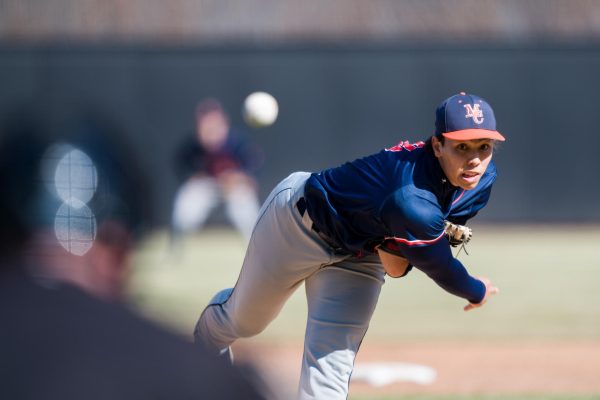




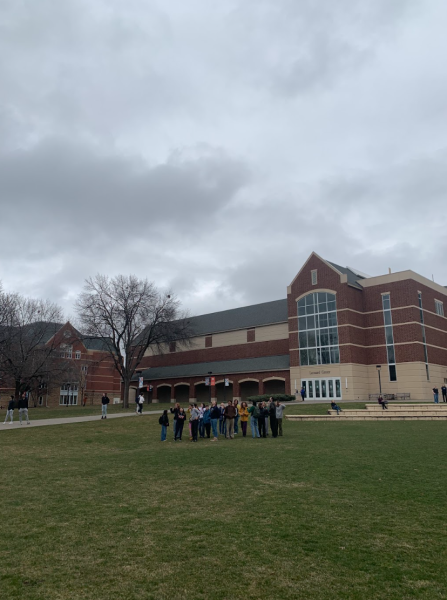






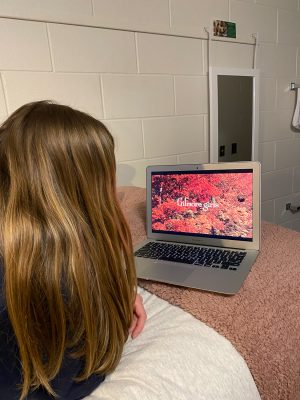

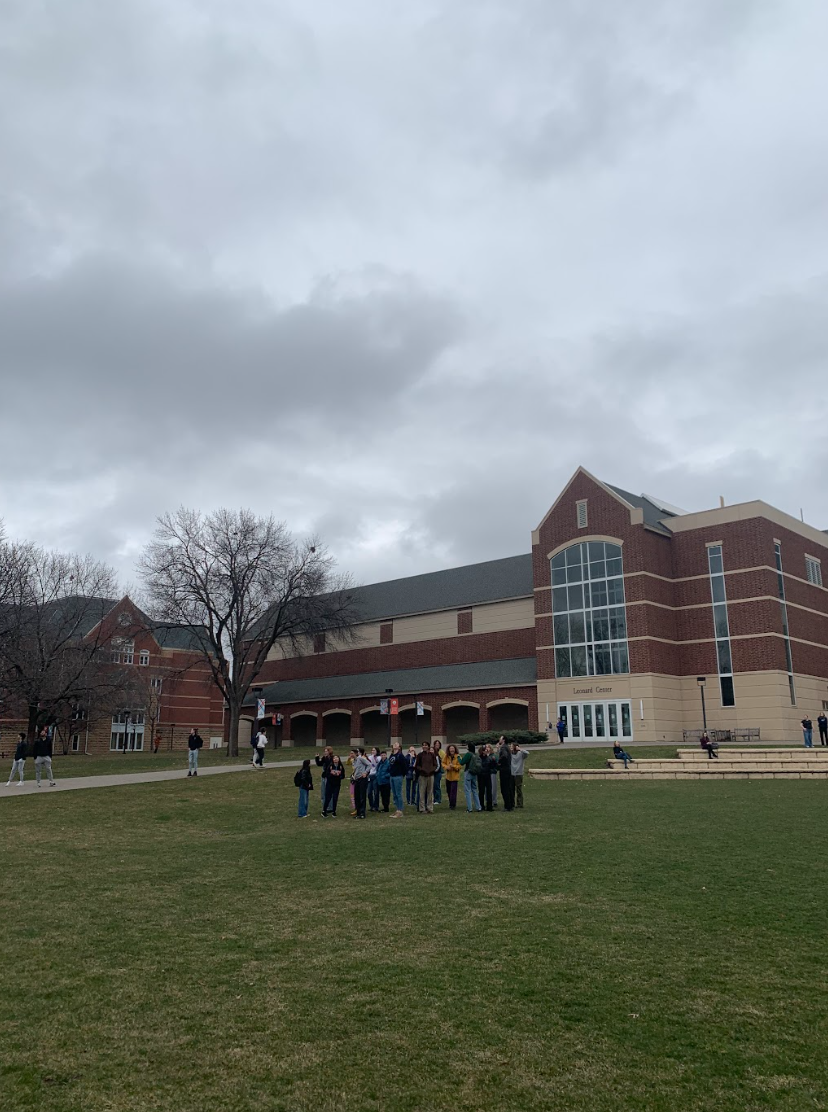
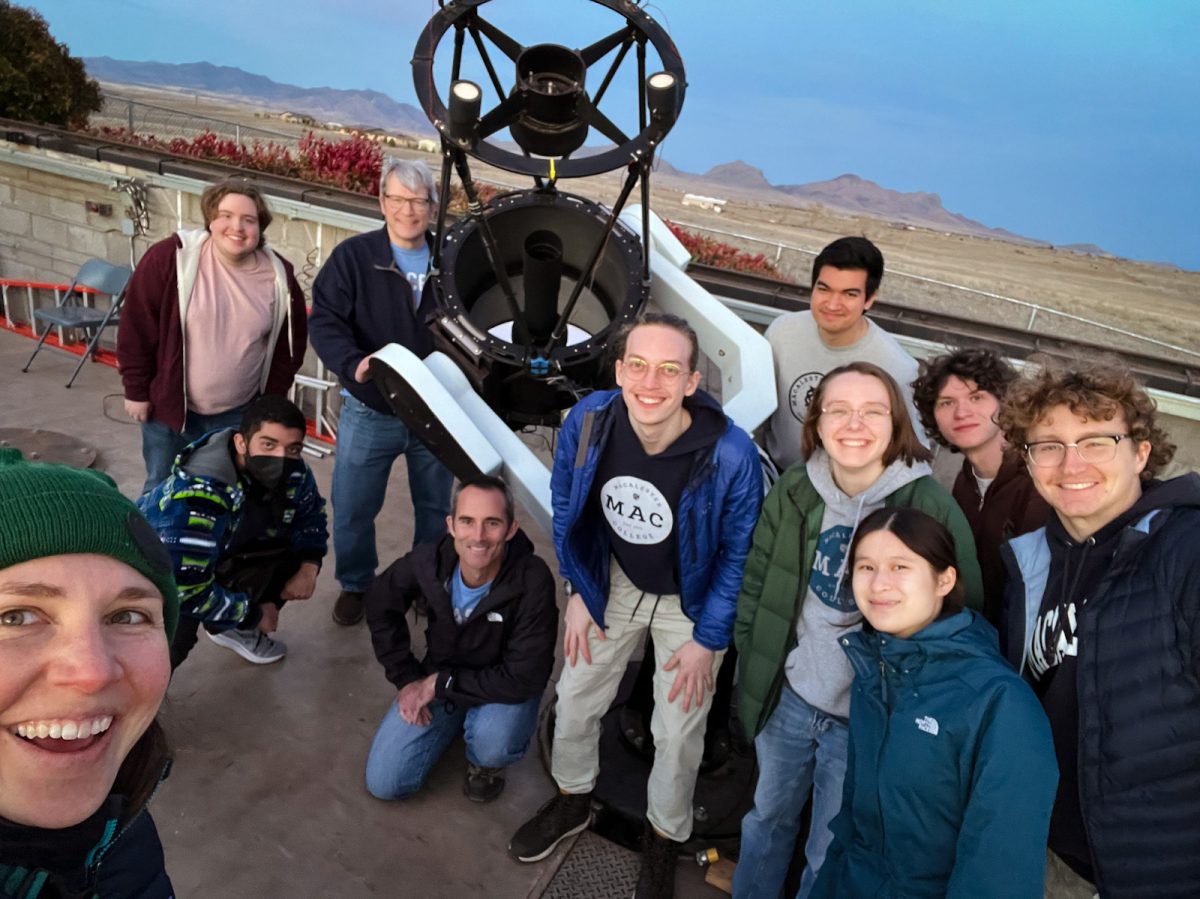

Phil Langdon • Sep 10, 2019 at 7:43 am
The crux of your writing while sounding agreeable originally, did not really settle very well with me personally after some time. Somewhere within the sentences you managed to make me a believer but just for a very short while. I still have a problem with your jumps in assumptions and one might do well to fill in those gaps. In the event you actually can accomplish that, I will certainly end up being fascinated.
Anna Reid • Sep 5, 2019 at 4:11 am
Hey, you used to write great articles, but the last several posts have been kinda boring… I miss your super posts. Past few posts are just a little bit out of track!
Ossie Isagawa • Jul 22, 2019 at 3:42 pm
Mass parsite http://bit.ly/2W9CVkn
Kate I • Feb 6, 2018 at 12:56 am
*the talk originally came in fall 2011